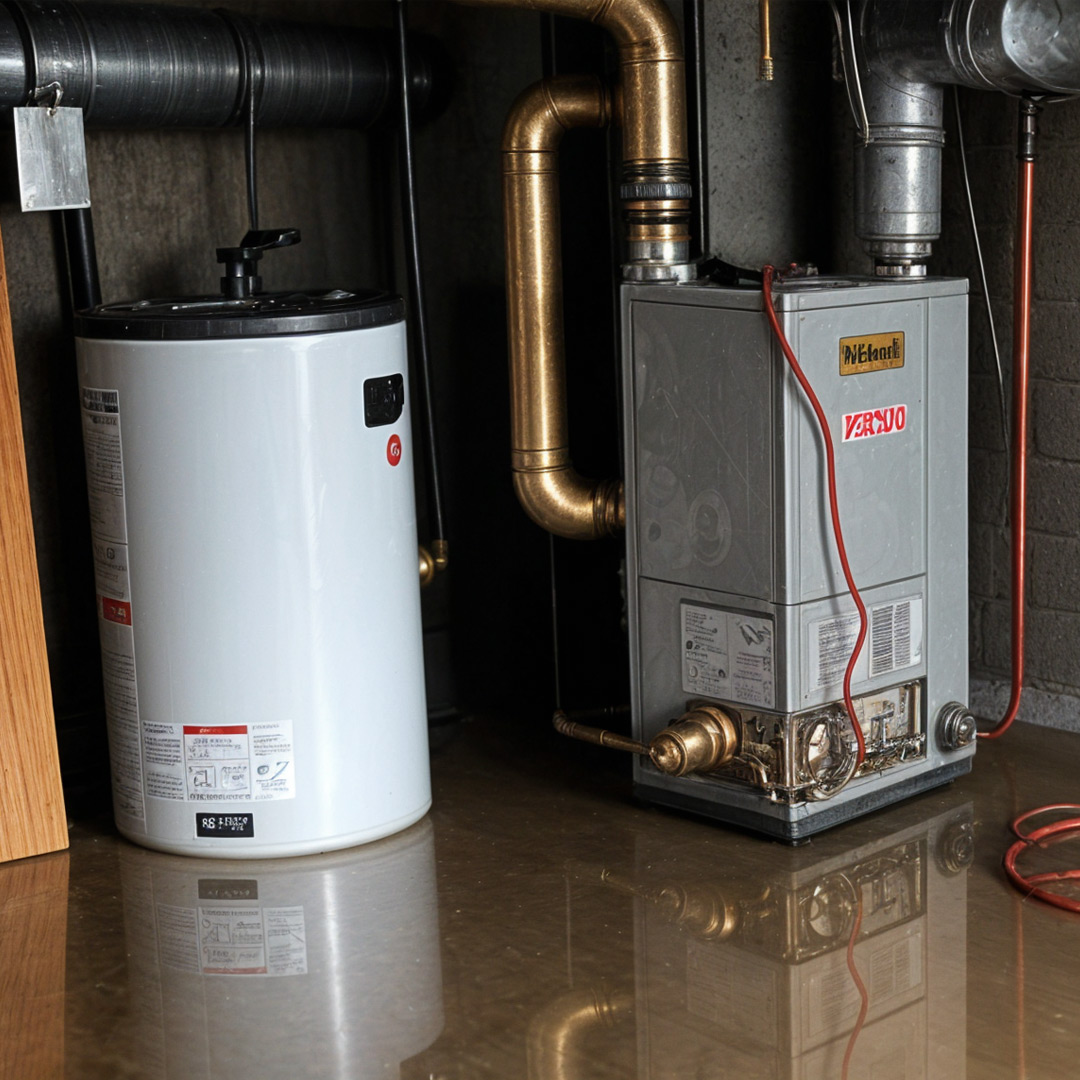Flooding can be a devastating experience for any homeowner or business, leading to significant damage and potential health risks. After flood waters recede, it’s crucial to assess the impact on your heating system, particularly your furnace. Whether it’s a minor inconvenience or a major disaster, taking the time to check your furnace is vital for ensuring safety and efficiency.
1. Health and Safety Concerns
One of the most pressing issues after flooding is the potential for sewage backups. Flood waters can carry harmful contaminants, including bacteria, viruses, and chemicals that pose serious health risks. If your furnace has been exposed to flood water, especially sewage-contaminated water, it’s crucial to have it inspected and cleaned by professionals. Ignoring this step can lead to hazardous air quality issues in your home or workplace, putting the health of everyone inside at risk.
2. Assessing Damage to the Furnace
Even if your furnace appears to be functioning after a flood, hidden damage may still exist. Water can seep into electrical components, wiring, and other critical parts, leading to malfunctions or even fire hazards. A thorough inspection will help identify any damage that could compromise the safety and efficiency of your heating system. If your furnace has been submerged, it’s essential to consult a qualified HVAC technician to evaluate its condition.
3. Preventing Long-term Issues
Flooding can also lead to mold growth if moisture is not adequately addressed. A furnace that has been exposed to water can become a breeding ground for mold and mildew, which can spread harmful spores throughout your space. This not only affects air quality but can also lead to respiratory issues for occupants. Regular maintenance and a thorough inspection after flooding will help prevent these long-term problems, ensuring your furnace operates efficiently and safely.
4. Insurance and Warranty Considerations
After a flood, many homeowners and business owners file insurance claims for damage. However, neglecting to check and maintain your furnace can complicate claims related to heating system failures or health issues resulting from contaminated air. It’s essential to document the condition of your furnace and any maintenance performed, as this information can support your claims and protect your warranties.
5. Getting Professional Help
After flood waters recede, don’t attempt to inspect or repair your furnace without professional assistance. An experienced HVAC technician can assess the damage, perform necessary repairs, and ensure that your system is safe to operate. They can also provide guidance on proper cleaning and maintenance to prevent future issues.
Ensuring that your heating system is safe and functioning properly can protect your health, preserve your investment, and provide peace of mind as you recover from the impact of flooding. Don’t wait—schedule a professional inspection today to safeguard your home and ensure a warm, safe environment for everyone.

